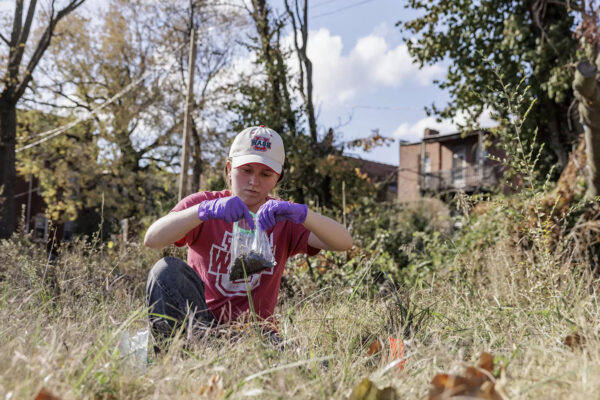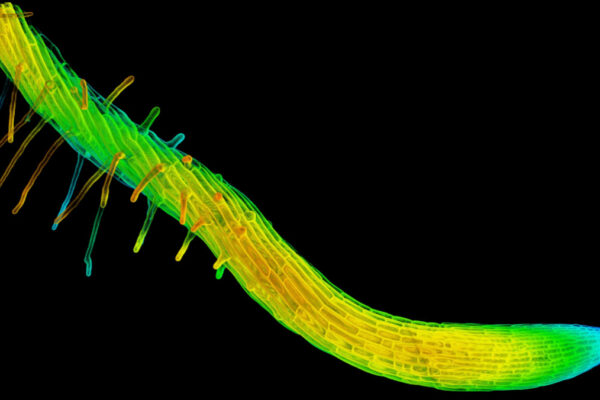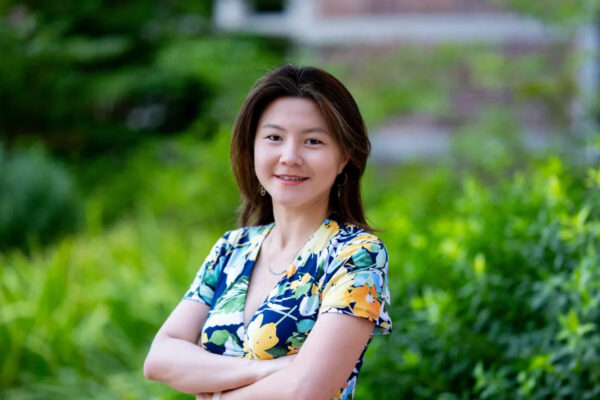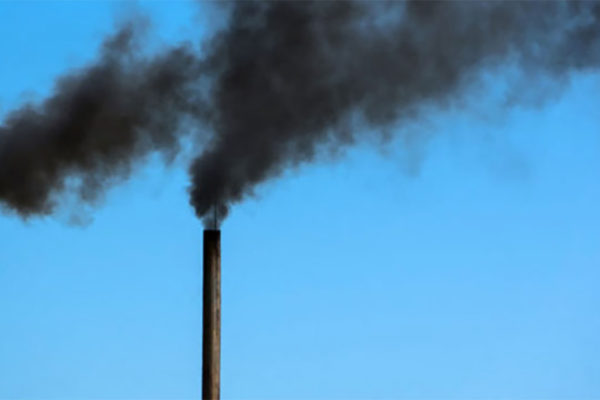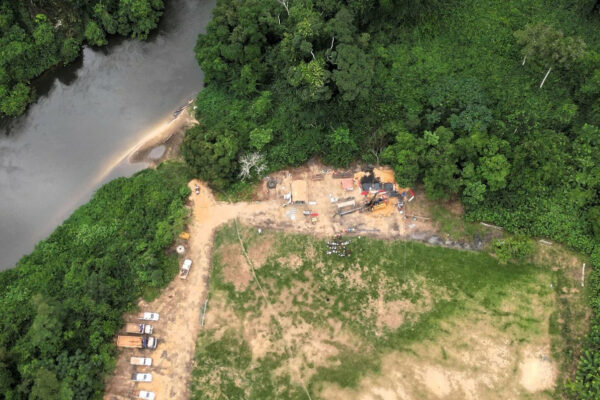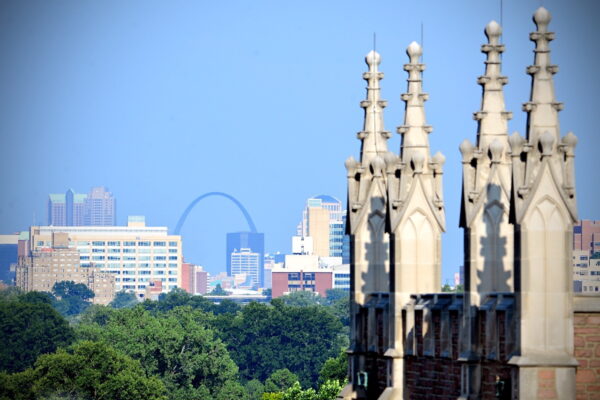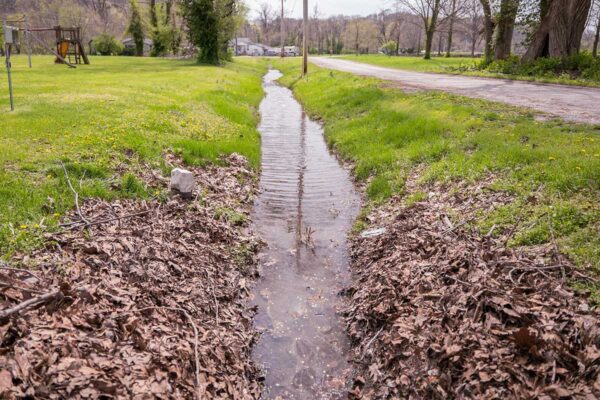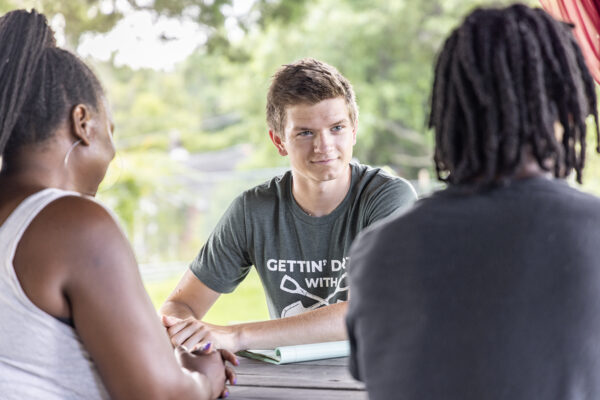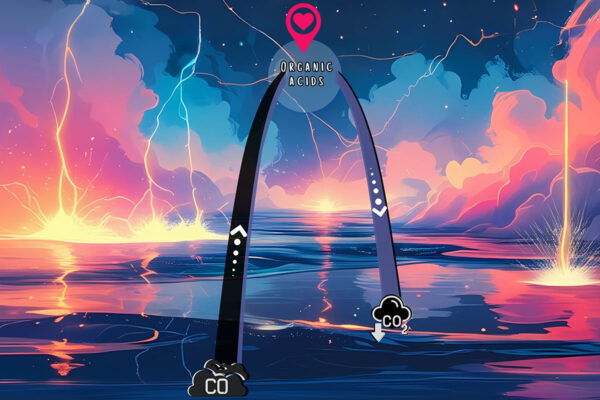Making hydrogen fuel cells ‘less precious’
WashU engineers are working to bring stability to iron components instead of using more expensive precious metals in fuel-cell technologies.
WashU faculty, students search for hidden hazard in tornado’s path
Researchers at Washington University in St. Louis are testing for elevated lead levels potentially kicked up in the destructive path of the 2025 tornado.
Plant science with a twist
Biology and engineering researchers at Washington University in St. Louis have uncovered the mechanism of plants’ twisting roots.
Shen receives environmental performance award
The Association for Public Policy Analysis and Management has recognized Shiran Victoria Shen, an assistant professor of political science in Arts & Sciences, for her environment policy research.
WashU students challenge Missouri air pollution findings
Two students from Washington University in St. Louis’ Interdisciplinary Environmental Clinic recently took aim at the state’s arguments about who bears responsibility for harmful air pollution in the St. Louis region.
Drilling deep to study the oxygenation of Earth
David Fike, a researcher at Washington University in St. Louis, is helping to lead the American contingent of a $3.1 million international drilling project investigating a landmark shift in Earth’s evolution.
Brown School launches initiative to tackle complex problems through private-public partnerships
The Brown School at Washington University in St. Louis is deepening its engagement with the St. Louis community through a new initiative that connects university expertise with residents, community organizations and industry partners.
Multidisciplinary team secures $3.6M grant to investigate health risks from flooding
Funding from the National Science Foundation will enable researchers across many disciplines at Washington University in St. Louis to advance ongoing research into the damaging health effects of repeated flooding in Metro East communities.
Career Catalysts: St. Louis Fellows cultivate new talents, help partners meet goals
Career Catalysts, a series about WashU interns, by WashU interns, profiles pre-law student Winston Mattson, a Gephardt Institute St. Louis Fellow and an intern at Seed St. Louis.
Plasma: The fourth state of matter drives sustainable carbon upcycling
Researchers at Washington University in St. Louis are developing ways to convert carbon monoxide into organic acids useful for industry.
Older Stories

